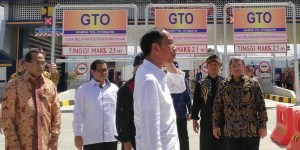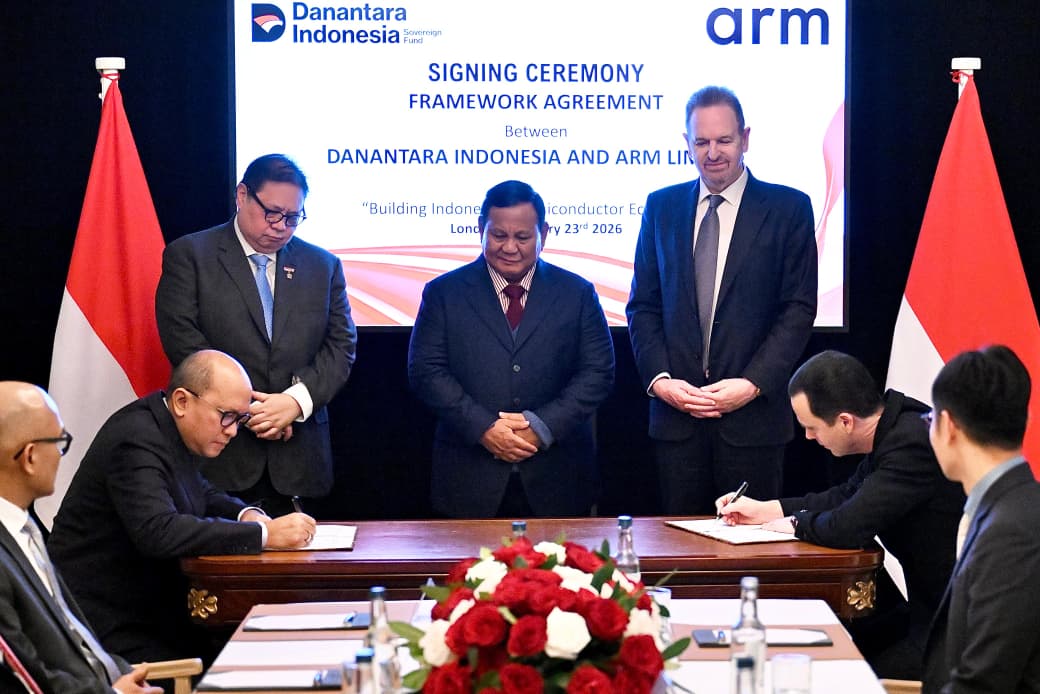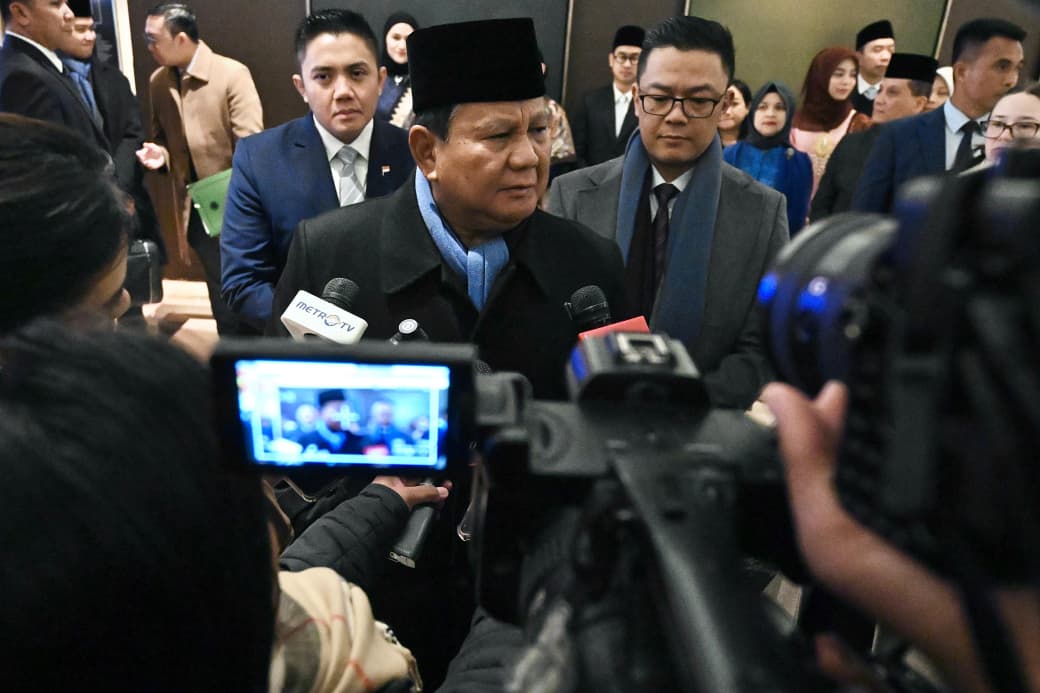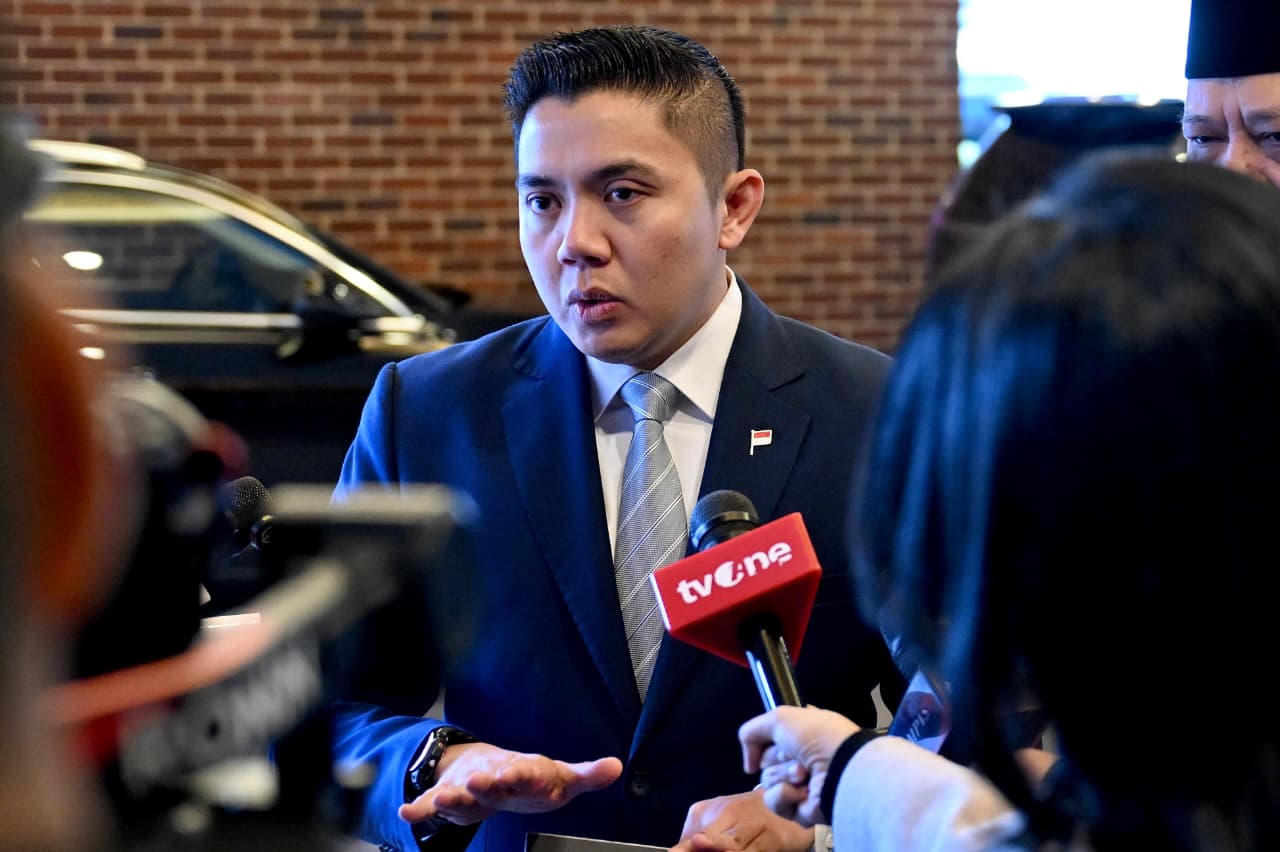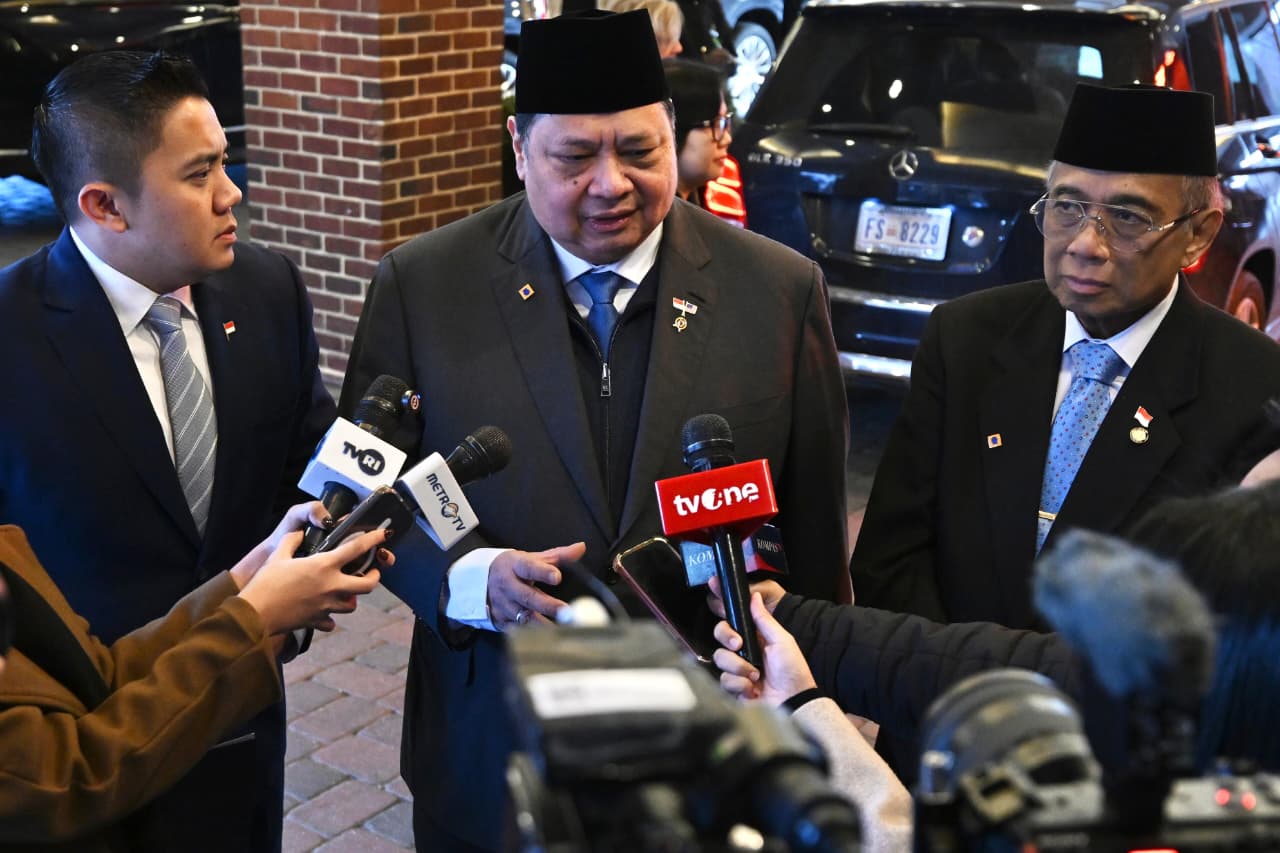Indonesias Competitiveness in Transport Infrastructure Jumps 10 places
World Economic Forum has recorded that Indonesias competitiveness in transport infrastructure jumps 10 places from rank 62 in 2015 to 52 (4.5 points) in 2017.
Minister of Transportation Budi Karya Sumadi said that the increase is the result of great determination of Ministry of Transportation to develop various transportation facilities and infrastructures such as bus terminals, seaports and ferry terminals, airports, as well as train facilities over the last few years.
It was done by the Ministry to ensure that people mobility, and logistics connectivity in national coverage can run effectively, Budi said when reporting performance outcome and outlook of the Ministry of Transportation in Jakarta, on Thursday (14/12).
The Minister mentioned that his office has completed the construction of 388.3 kilometers of railway tracks, rehabilitated bus terminals in 30 locations, developed seaports in 104 locations, and constructed 7 new airports by 2017.
However Budi admitted that the Ministry has yet to perform its best on the development of Bus Rapid Transit (BRT). Therefore, the Ministry will immediately take optimization measures.
If we can complete the development of airports and seaports, then we can optimize the BRT development by changing the size of the bus considering that BRT will be focused to be implemented in certain cities and schools. Thus, bus target will be achieved, the Minister added.
Budi also admitted that the development of railway track is not maximum. According to the Minister, it is all because of a regression in coal mining industry. However, the Minister ensures that there are investors who are interested investing in the development of railways in Indonesia.
So far, we have planned to develop long railway track for freight train (coal) in Kalimantan, that will span Central to South Kalimantan, Central to East Kalimantan, and also in South Sumatra. The construction is planned to be done as a Government-to-business Cooperation (KPBU) program. However, considering that the condition of coal business industry worsen, the project has not been started yet, Budi said adding that several investors already have the permit to invest in this project, including those from Russia, and China.
Regarding maritime transport sector, the Minister said that Indonesias domestic logistics cargo in 2017 reaches 18.3 billion tons per October 2017, and foreign cargo in 2017 reaches 593 million tons.
State-owned shipping operator (PT Pelni) has recorded that the number of maritime transport passengers in November 2017 is 3.16 million people, and pioneer shipping passengers reaches 475,543 people.
The number of ferry passengers by the end of October 2017 reaches 59.9 million people, carrying 8.03 million two-wheelers, and 3.9 million four-wheelers.
On train sector, the number of passengers in 2017 reaches 33.23 million people, not to mention 228.7 million people use Commuter Line Jabodetabek from January to September 2017. The Ministry of Transportation has also recorded 23.4 tons logistics are carried on freight train in 2017.
The Ministry also estimates that there will be 96,050,330 domestic flight passengers, and 12,816,701 international flight passengers by December 2017. (Humas Kemenhub/ES) (RAS/MMB/YM/Naster)





